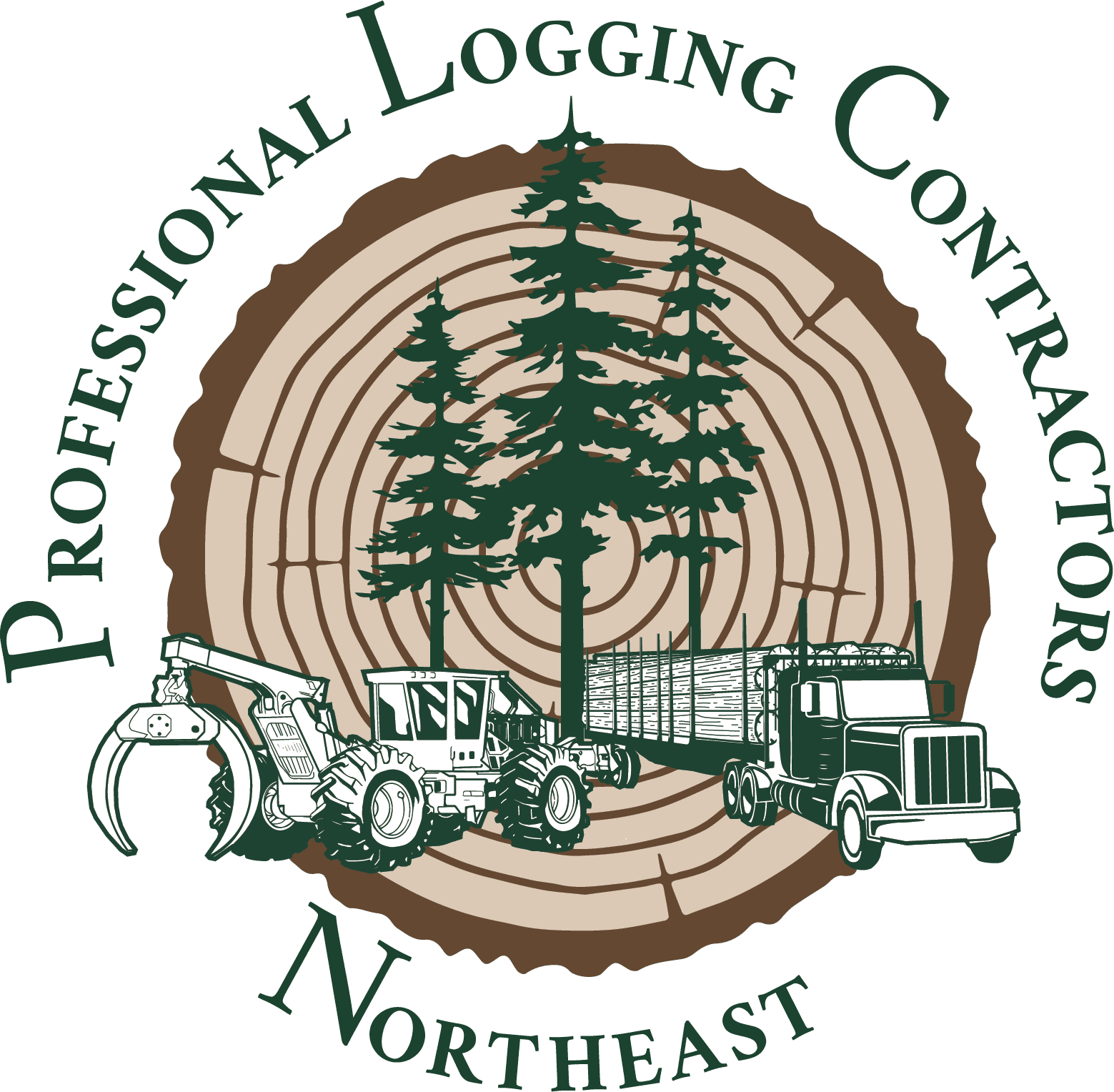January 2015
 By Myles Anderson, ALC President
By Myles Anderson, ALC President
Logging equipment can come in all different sizes, shapes, colors and ages. Equipment can be old, new, dirty or clean. Machines can cut down trees, skid them, process them and put them on a truck, but one thing they all have in common is that they need a skilled operator to make them productive.
Daily costs may vary across the country depending on what kind of logging is taking place but production is what drives cost, and everyone must be concerned with cost of production. Cost can be measured per ton or thousand board feet, but in either case production is the most important factor and it can be tracked right back to the quality and experience of employees operating the equipment.
Logging has shifted towards mechanization across the country and employing and retaining experienced equipment operators is a necessity, however they are also a necessity to the construction, oil and gas, and any other industry whose business requires the use of heavy equipment.
Anyone who has operated equipment knows what level of coordination and concentration is required to run an excavator or a bulldozer, but what about a processor that falls, limbs and bucks a tree to very tight tolerances. Tolerances that if not met may result in penalties, and loss of revenue. Are the people that are operating these highly sophisticated and expensive machines compensated more than someone that operates an excavator on a highway project?
A little research on the Bureau of Labor Statistics paints a pretty clear picture of where we have been. The data is a little sketchy prior to 1999 so let’s use that as a starting point for comparison. In 1999 the mean annual income for a logging equipment operator was $25,390. Fast forward to 2013 and the mean annual income for the same operator was $34,700. The Bureau of Labor Statistics also had an inflation calculator and when the 1999 wage of $25,390 was plugged in out came a 2013 wage of $35,502, showing that we have not even kept up with inflation. We are paying operators less today then we were in 1999 and the equipment is much more complex to operate.
For comparison a construction equipment operator in the same tables was making $34,760 in 1999 and $48,605 in 2013. Good, hardworking productive employees are going to go where they are best compensated for their work; this is why we constantly hear about logging companies trying to train new equipment operators in house. Conversations are abundant about the rising cost of fuel, insurance, and equipment but what we should be talking about is how we can pay our employees more so that they will stay in the forest products industry. Hard working men and women have a distinct trait that cannot be taught, and if not appreciated and compensated for those traits, they often go somewhere else .
.
In a fantasy world we could simply print money as is the case with our Federal government. The change in SIC code 901 for federal employee’s shows the median annual income in 1999 was $43,600 and in 2013 it rose to $71,700. Inflation during the period would put their 1999 wage at $60,950 in 2013. Next time a federal employee tells you how hard they are working you can remind them that they are getting well compensated for that work.
Loggers are being asked to increase production as our economy slowly improves. As the number of inexperienced people entering the work force grows; so will our exposure to accidents and possibly poor public perception of the industry. Productivity losses resulting in higher production costs may also be experienced unless we train and retain good employees. Our industry will be much better served by keeping the experienced employees we currently have and augmenting them with new, trained, professional and reliable employees. How this industry deals with their employees will, for good or bad, reflect on each of us. If we do not work together to attract and retain employees with pay rates that are comparable to similar trades, we will continue to lose good people to higher paying industries.
Myles Anderson is the current President of the American Loggers Council and he and his father Mike own and operate Anderson Logging, Inc. based out of Fort Bragg, CA.
The American Loggers Council is a non-profit 501(c) (6) corporation representing professional timber harvesters in 30 states across the US. For more information, visit their web site at www.americanloggers.org or contact their office at 409-625-0206.
